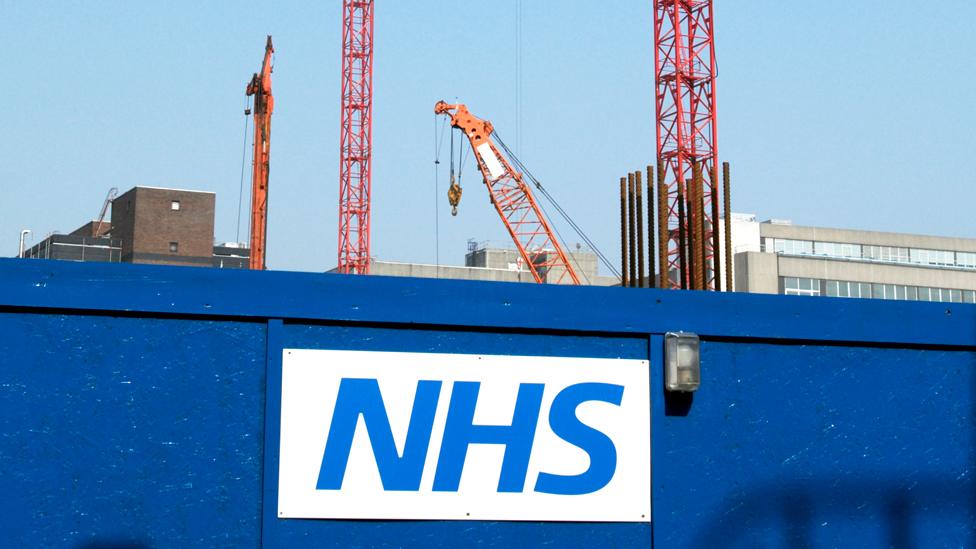Hospitals may close without upgrades, bosses fear
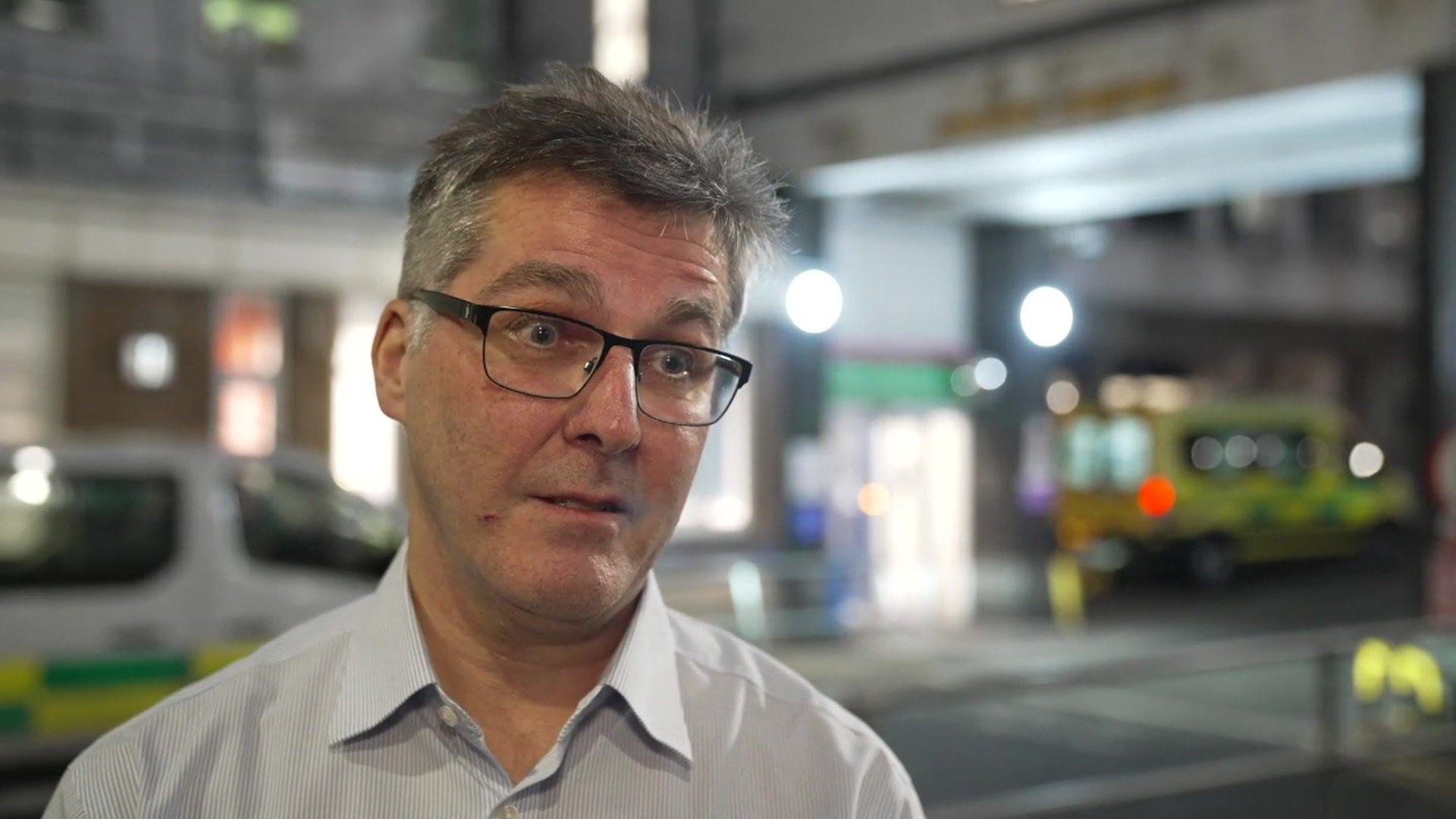
St Helier Hospital chief executive Dr James Marsh warned the site's buildings might not be safe enough to last until rebuild funding is granted
- Published
Some London hospitals that have had redevelopment plans delayed have warned they may have to close their sites while they await government funding as their buildings are already "crumbling".
St Helier Hospital in Sutton, St Mary's in Paddington, Charing Cross Hospital in Hammersmith, Hammersmith Hospital and Whipps Cross in Leyton were promised money for upgrades by 2030 under the previous Conservative government.
But the Health Secretary Wes Streeting said on Monday they would have to delay their projects until as far back as 2038.
Streeting also confirmed that Hillingdon hospital in west London would get funding between 2025-2030 to rebuild the site.
A condemned ward and taped up windows
St Helier Hospital, which opened in 1941, recently reported having to knock down a ward due to sinking foundations and windows falling out.
Lifts often break down and cannot be repaired, windows are taped up and about 600 operation had to be cancelled last year due to ventilation issues caused by the bad state of the theatres, the hospital said.
The trust has been promised money under various government schemes for more than two decades and was planning a new specialist emergency care hospital in Sutton, as well as upgrades to the existing sites.
Following a review of the New Hospital Programme, external, it will now not receive funding to start the project until 2032-2034.
"This is devastating news for our patients," Dr James Marsh, the deputy chief executive of Epsom and St Helier University Hospitals NHS Trust said.
"Many parts of our estate are already crumbling.
"We have already had to condemn and demolish one of our wards. It's only a matter of time before other parts of our hospital become unsafe for treating patients.
"We now need to plan and prepare for the catastrophic failure of our buildings which could mean moving patient care into temporary buildings."
'Unsafe conditions'
Bobby Dean, the Liberal Democrat MP for Carshalton and Wallington warned that any further building closures at the site would lead to delays for patients.
"It means the queue to get in the door is just going to keep growing, because they're not going to treat people in unsafe conditions."
Mr Dean added that he would lobby the government to bring funding forward.
"The floor sinks, the building leaks, it's really not fit for purpose... it costs them hundreds of millions of pounds to maintain the estate as it is, and actually if we invested that money over the long run it's going to save the NHS money."
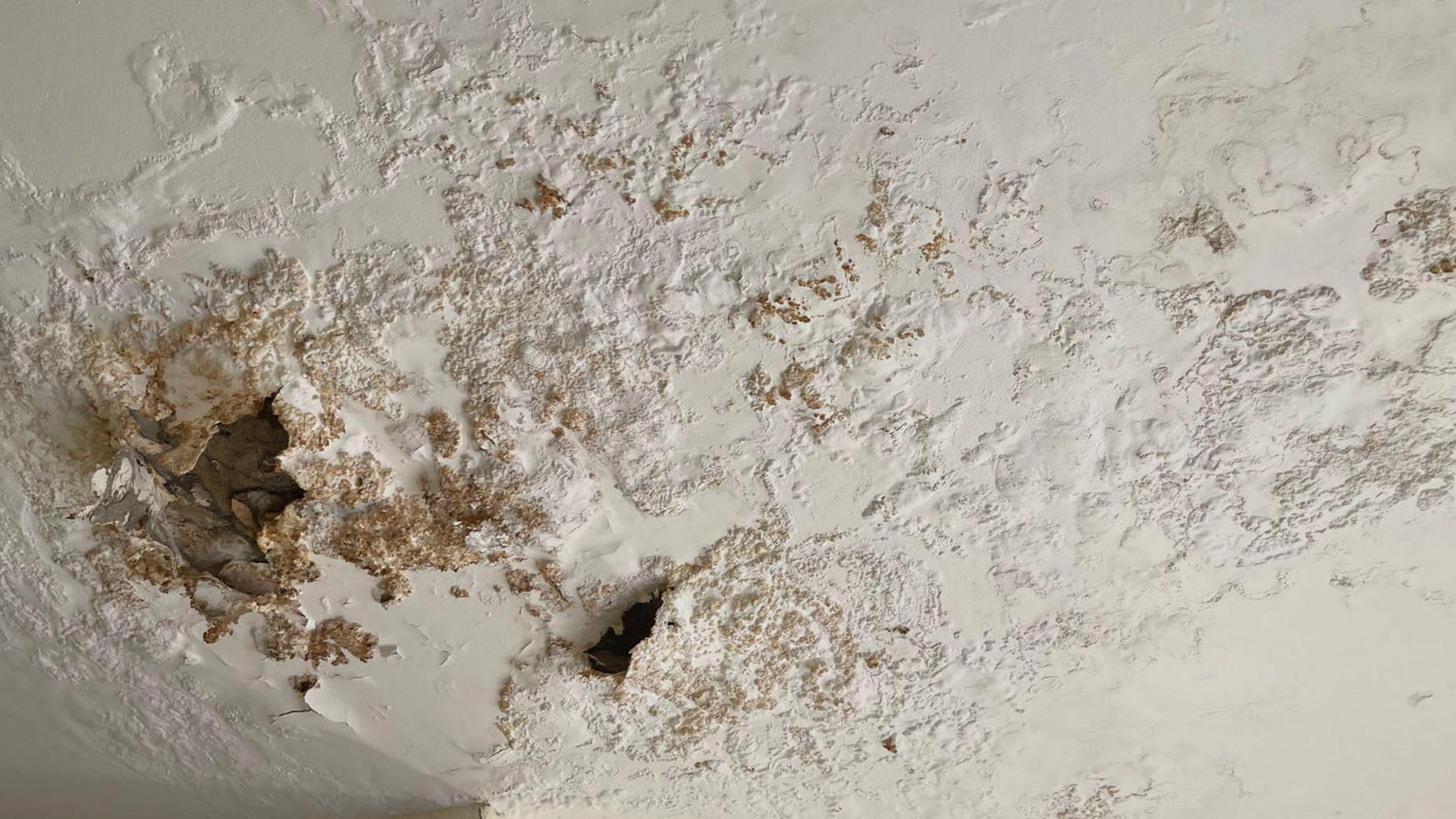
This picture shows a damaged ceiling at St Helier caused by flooding, the health trust says
Following the government review, plans to rebuild ageing St Mary's Hospital in Paddington and to refurbish Charing Cross and Hammersmith hospitals - which provide specialist care for millions of people in west London - have been delayed until 2035 - 2038.
Chief executive of the Imperial College Healthcare NHS Trust Prof Tim Orchard told the BBC that St Mary's urgently needed to be rebuilt but the project had been "repeatedly kicked down the road for the last 25 years".
"We are now providing care in some buildings which are over 180 years old and with the prospect of not being able to get out of those buildings for another 15 years."
The chances of some parts of the estate closing due to patient safety concerns were "increasing day by day" as supplies of electricity, heating and water could not be guaranteed, he said.
Prof Orchard said he believed rebuilding St Mary's was "too important to give up on" and that he would lobby government for urgent funding.
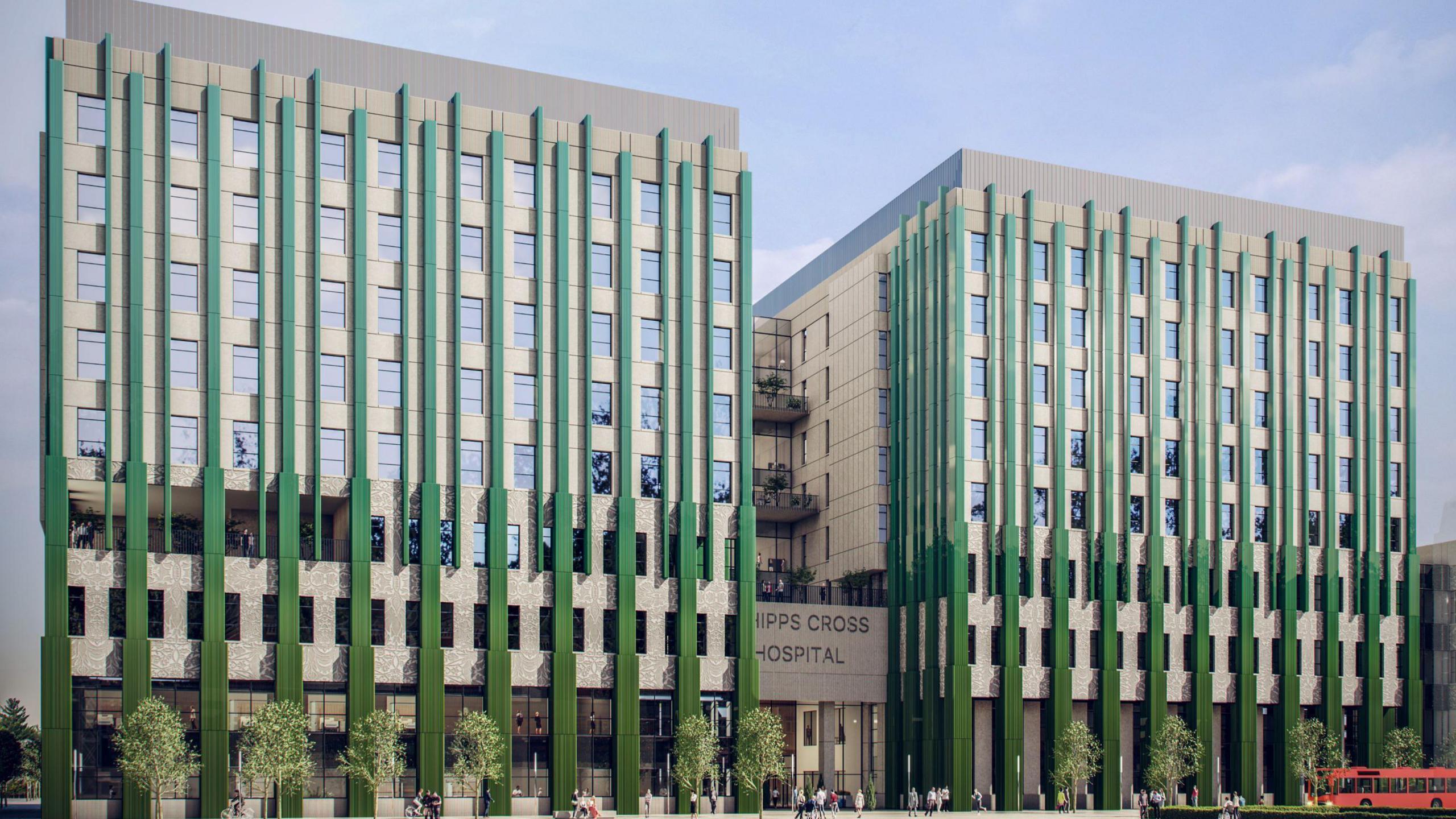
Whipps Cross Hospital in east London was due to be rebuilt by 2026 under initial plans
Whipps Cross Hospital serves a large section of the population in east London. It was due to be rebuilt by 2026 under initial plans.
The redevelopment is to include the construction of 1,500 new homes on site of the existing building and a new multi-storey car park - which has already been built.
But following the review it will not get funding to complete the project until 2032 - 2034.
Shane DeGaris, chief executive of Barts Health NHS Trust told the BBC he was disappointed for patients.
He said: "They are going to have to put up with really substandard facilities for what looks like at least another five years.
Mr DeGaris said was trying to understand the rationale for the decision as his project had already begun.
"What this means is that we'll have to spend a lot more of taxpayers' money to keep the hospital going until the new hospital can be constructed... it's throwing good money after bad."
Listen to the best of BBC Radio London on Sounds and follow BBC London on Facebook, external, X, external and Instagram, external. Send your story ideas to hello.bbclondon@bbc.co.uk, external
- Published20 January
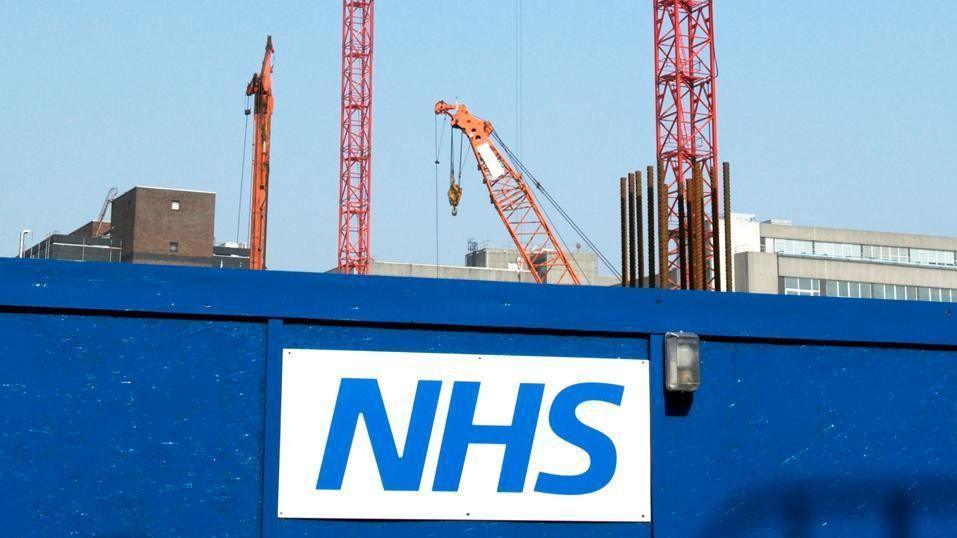
- Published19 January
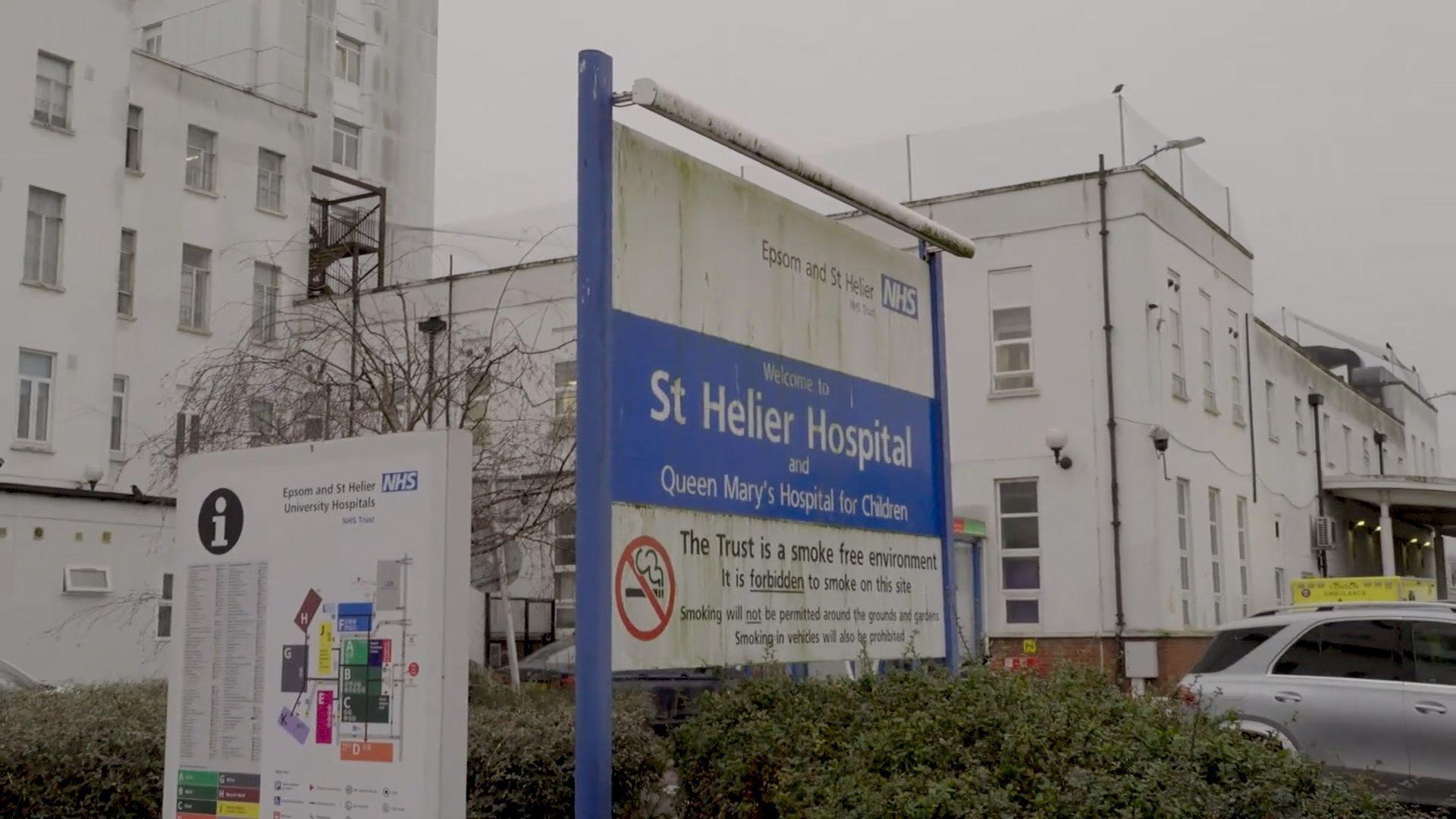
- Published4 July 2022
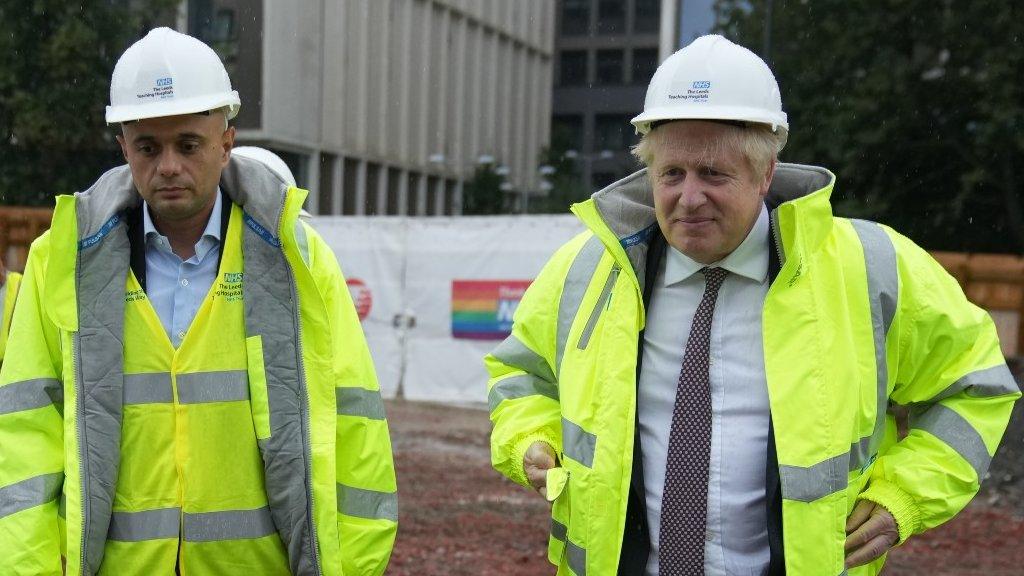
- Published17 July 2023
